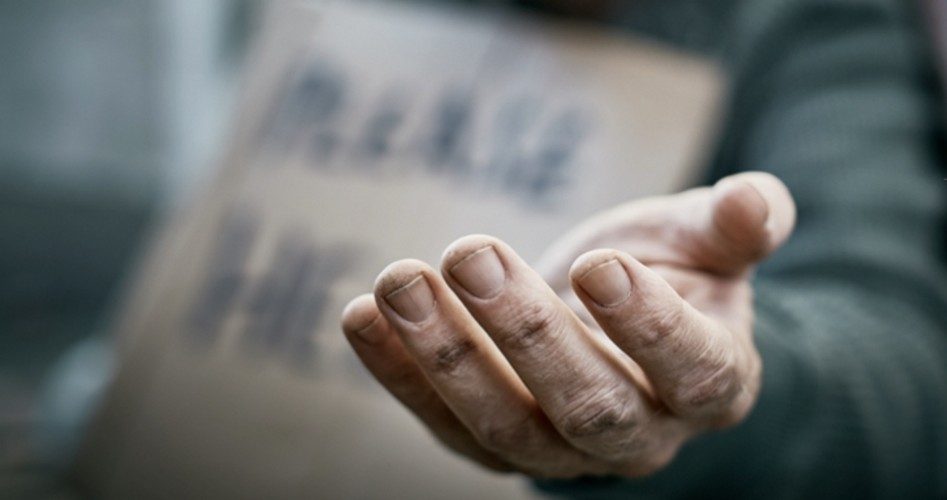
Mayors and governors of areas of the country short of things such as ventilators, facemasks, and personal protective equipment because of the growing number of cases of coronavirus have asked the federal government for help. However, in some cases, what the federal government is doing may be more harmful than helpful
A March 23 Reuters report cited Illinois Governor J.B. Pritzker, who asserted that a lack of federal coordination has left states to fend for themselves, putting them in bidding wars with the Federal Emergency Management Agency (FEMA), other U.S. states, and even against other countries. “We’re competing against each other on what should be a national crisis where we should be coming together and the federal government should be leading, helping us,” Pritzker told the Today program on March 23.
Pritzer called on President Trump to enforce the Defense Production Act. He also spoke about the $2 trillion coronavirus bailout being fought over between Republicans and Democrats in the Senate. Pritzker, a Democrat, said: “Money needs to get in the hands of the middle class, the working class.”
Another high-profile politician, New York City Mayor Bill de Blasio, spoke on the phone on March 22 with President Trump and Vice President Mike Pence, and warned that medical supplies in his city could run out in a matter of days.
“I made clear … that we have the most urgent need in our hospital systems — particularly our public hospitals — when it comes to equipment and supplies,” de Blasio said during an interview on New York TV station WPIX11, adding “our first need is ventilators.”
De Blasio has repeatedly attacked Trump for not invoking the Defense Production Act to force private companies to make more supplies. However, the New York Post on March 24 reported that Trump said that there’s no need to put the Defense Production Act into play because manufacturers are gearing up to make medical supplies, and he confirmed that he is sending 400 ventilators to New York City.
“The Defense Production Act is in full force, but haven’t had to use it because no one has said NO! Millions of masks coming as back up to States,” the president posted on Twitter.
The New American has reminded readers: “Nowhere in the Constitution is Congress or the Executive Branch of the federal government granted extraordinary powers during times of an emergency to stop, subsidize, or take over large swaths of the economy,” referring to the massive, government-funded coronavirus aid-relief packages.
While none but the strictest of constitutionalists would likely object to the president using his bully pulpit to provide encouragement and direction to individual Americans and cities and states, that role should be seen as a facilitator and not as a dispenser of massive amounts of taxpayer dollars.
As just one example of what the president might do to help matters without sending massive amounts of federal aid to local jurisdictions, Trump said on Sunday that automakers have been given the “go ahead” to begin manufacturing ventilators needed by healthcare professionals.
Trump said on March 20 that most companies had responded to requests for help without being ordered to do so.
Photo: RapidEye / E+ / Getty Images Plus
Related articles:
FedGov Coronavirus Response: National Emergency, House-passed Big-spending Bill
U.S. Senate Proposes $1 Trillion Stimulus to “Remedy” Economic Shutdown
Senate Coronavirus Stimulus Swells to $2 Trillion; Final Vote on Monday
Warren Mass has served The New American since its launch in 1985 in several capacities, including marketing, editing, and writing. Since retiring from the staff several years ago, he has been a regular contributor to the magazine. Warren writes from Texas and can be reached at [email protected].



